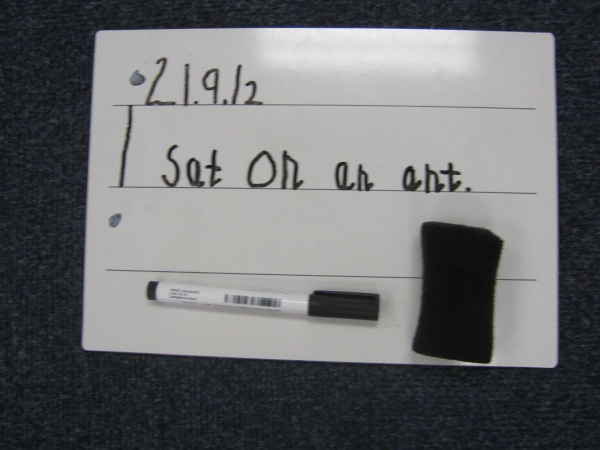
Sharon Wallace, Curriculum Support Officer of the Service and School Improvement Team, delivered a session to 25 Principal Teachers as part of their network programme. The course asked participants to consider how the use of active learning methodologies raises attainment across the curriculum.
Colleagues began the session using a placemat activity to examine questions, challenges, successes and barriers to monitoring active methodologies.
Sharon then provided an overview of the active literacy programme from Nursery to S1 which included: spelling and phonics, reading and writing. The principal teachers were provided with a range of materials to support effective monitoring in this area. They then watched a range of good practice videos highlighting active literacy strategies and methodologies in action in Falkirk schools.
Sharon then provided an overview of effective teaching strategies within cooperative learning and what to look out for in a ‘cooperative learning’ environment. Again, colleagues were able to watch a short series of videos highlighting the five basic elements of a cooperative learning lesson. Discussions were stimulated around the use of effective questioning and use of Assessment for Learning techniques.
The session concluded with participants stating next steps to further development effective monitoring in active methodologies.
For further information, please contact Sharon Wallace – sharon.wallace@falkirk.gov.uk
Feedback was positive with colleagues expressing thanks for the opportunity to see the whole programme across all stages.

















